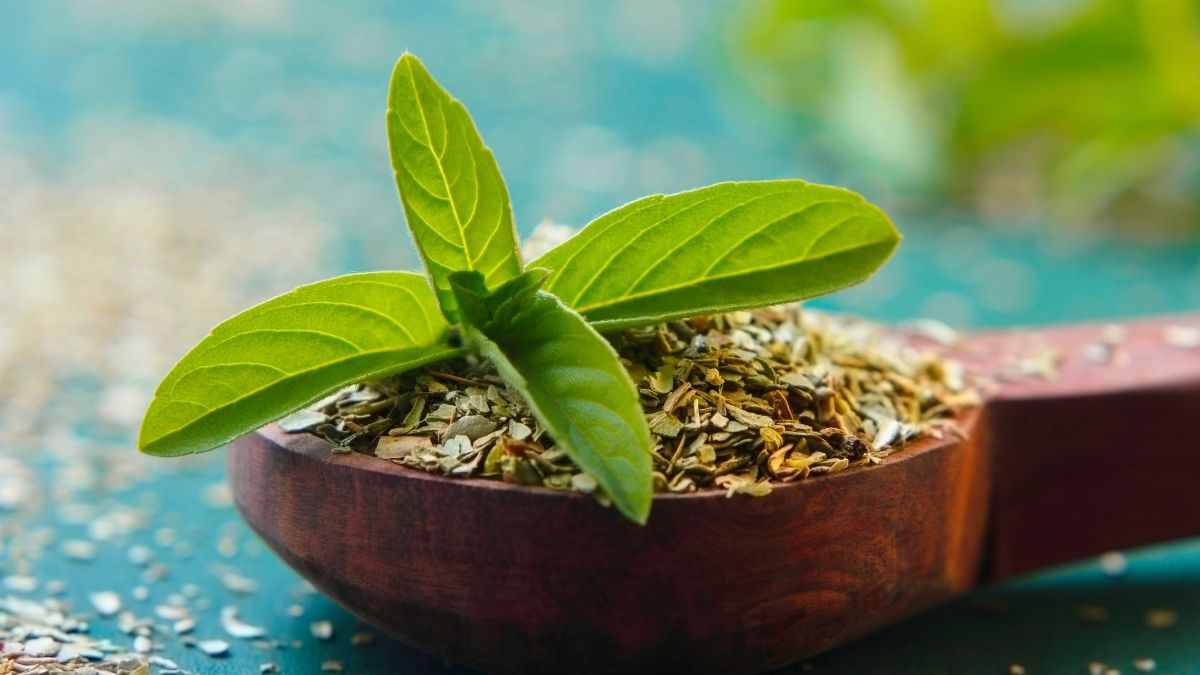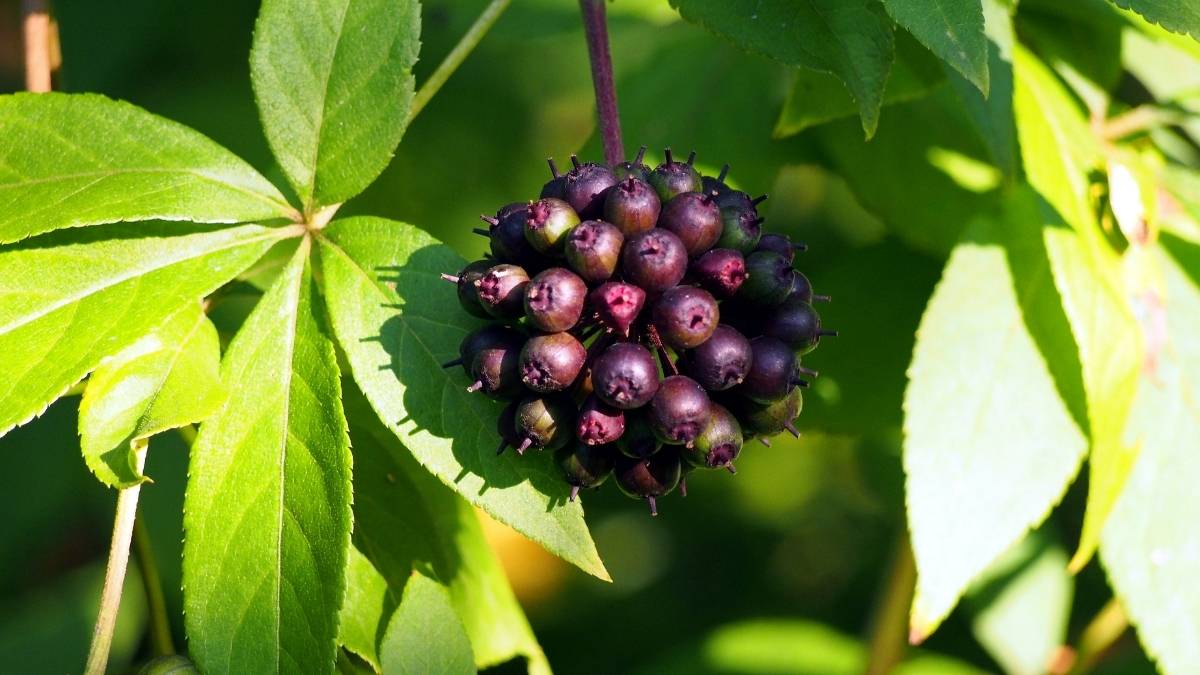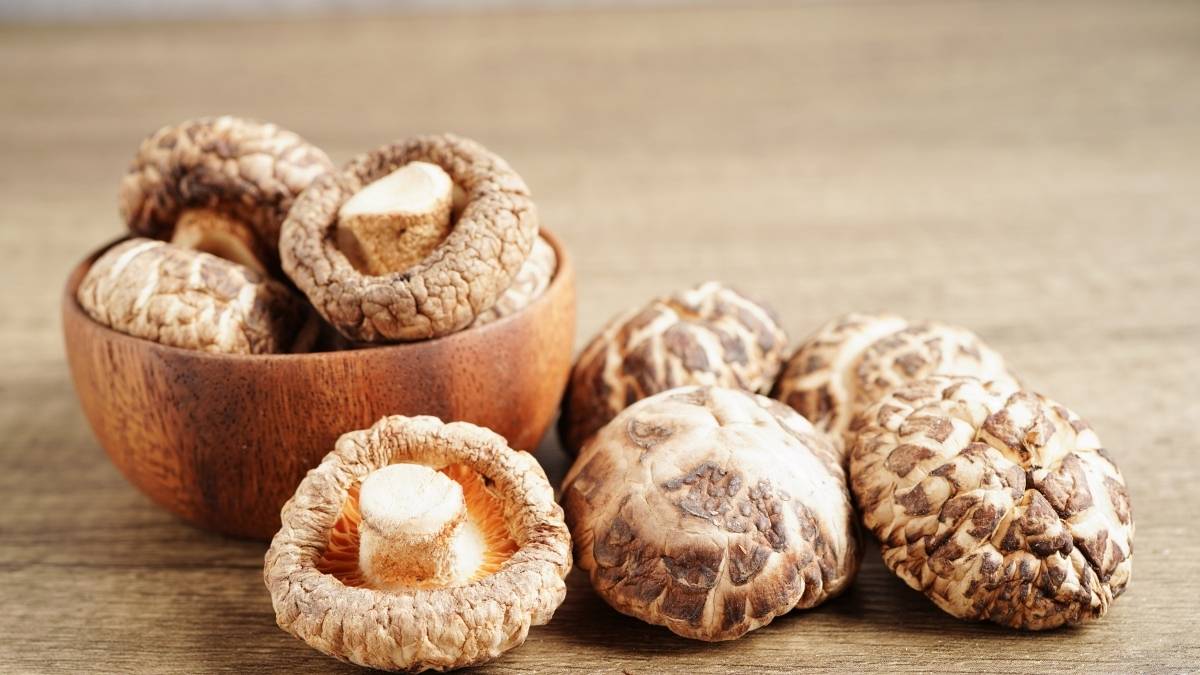Nearly half of Americans say their stress has gotten worse since the pandemic. Many are now looking for natural ways to feel better.
But the wellness world is full of confusing claims. It’s hard to know which “miracle” herbs actually work. You see a new superfood every week. How can you tell what is real and what is just hype?
This article cuts through the noise. We will show you seven adaptogens for stress that have real science behind them. You will learn exactly how they help your body cope with pressure. We will also explain how to use them safely.
You will get a clear guide to the most effective stress reducing adaptogens. This will help you make confident choices for your health. No fluff, just facts.
How Adaptogens Fight Stress
What Are Adaptogens?
Adaptogens are non-toxic plants and mushrooms that help your body resist physical, chemical, and biological stressors.
Their main job is to bring your body back to balance, a state called homeostasis.
The 3 Must-Have Traits
To be classified as an adaptogen, a substance must meet all three criteria:
- Be generally safe with minimal side effects
- Help the body cope with stress
- Help maintain balance (homeostasis)
The Science of Stress Response
Adaptogens work by interacting with your body’s central stress response system:
Adaptogens help regulate this system, preventing overproduction of stress hormones like cortisol.
Cortisol Regulation
Adaptogens help maintain healthy cortisol levels:
Without Adaptogens
With Adaptogens
By regulating cortisol, adaptogens prevent the negative effects of chronic stress.
Scientific Backing
A comprehensive review of studies confirmed that adaptogens exhibit stress-protective activity and can increase attention and endurance in situations of decreased performance.
“Adaptogens have a stress-protective effect and increase attention and endurance in fatigue.”
Common Adaptogens
Popular adaptogenic plants and mushrooms include:
Each adaptogen has unique properties that help the body cope with different types of stress.
1. Ashwagandha: For When Stress Feels Overwhelming

Stress can make you feel stuck. Your body gets stuck in panic mode. Ashwagandha is an herb that can help your body calm down.
Here is how it works. A big review of studies from 2023 found that ashwagandha significantly lowers cortisol. Cortisol is your main stress hormone.
People who took it also felt less stressed overall. It helps your nervous system relax. This is why it’s known as an adaptogen. Adaptogens help your body handle stress.
You can find it as a tea, a powder, or a capsule. It is not a magic fix. But it can be a powerful tool when you feel constant anxiety.
Keyword: Adaptogens for stress, ashwagandha for anxiety.
2. Rhodiola Rosea: How to Fight Constant Tiredness and Brain Fog

Do you feel mentally drained? Your brain might feel fuzzy from constant stress. This is burnout. Rhodiola Rosea is an herb for this specific problem.
It helps your body and brain cope with exhaustion. Studies show it can reduce feelings of fatigue, anxiety, and sadness. It also helps you think more clearly when you are under pressure. Think of it as endurance training for your mind.
One reason it works is a compound called salidroside. This compound helps protect your brain cells from the damage stress can cause. It will not fix everything overnight. But it can provide a much-needed mental lift when you are running on empty.
You can find it as a capsule or a tincture.
Keyword: stress reducing adaptogens, Rhodiola for fatigue.
3. Panax Ginseng: For When You Feel Drained in Body and Mind

Sometimes you are just completely worn out. Your body feels heavy and your mind feels slow. This is total exhaustion. Panax Ginseng is a root that has been used for centuries to fight this feeling.
It helps with both mental and physical tiredness. Research shows it can improve your energy levels. It also helps you perform better during stressful tasks. Your body feels like it has more in the tank.
This is one of the most important herbs in traditional medicine. It works by supporting your entire system. It is not a quick burst like caffeine. The energy it provides is more steady and sustained.
It is powerful, so it is best to start with a small dose. You can find it as a tea, capsule, or extract.
Keyword: best adaptogens for anxiety, ginseng for fatigue.
4. Holy Basil (Tulsi): For a Calmer, More Balanced Day

Do you have that low-grade stress that follows you all day? It’s the kind that makes it hard to focus and leaves you feeling on edge. Holy Basil, also called Tulsi, is made for this.
It helps your body find its balance. This herb is known to increase your focus and decrease everyday anxiety. It can even give your immune system a helpful boost. Think of it as a daily tonic for your nerves.
In Ayurvedic medicine, it’s called “The Incomparable One.” This name comes from its wide-ranging ability to help your body cope with life’s normal pressures. It is gentle. You won’t feel a strong sudden effect. Instead, it works quietly in the background to help you feel more steady.
The easiest way to use it is by drinking it as a tea. It’s a simple habit for managing daily stress.
Keyword: Holy Basil, Tulsi adaptogen.
5. Schisandra Chinensis: For Better Focus and Stamina

Is it hard to keep your mind on a task? Do you feel like you run out of steam too quickly? Schisandra Chinensis is a berry that can help. It’s known for building mental and physical endurance.
This berry helps your body adapt to many different kinds of stress. Studies show it can improve your concentration and coordination. It also increases your stamina. This means you can handle long periods of work or stress without feeling as drained.
It is sometimes called the “five-flavor berry” because it tastes sweet, sour, salty, bitter, and pungent. In traditional medicine, this is seen as a sign of its wide-ranging benefits. It works by supporting your entire system, not by giving you a jittery energy.
Think of it as a long-term tool for resilience. You can find it as a powder, capsule, or extract.
Keyword: Schisandra berry, adaptogens that work.
6. Eleuthero (Siberian Ginseng): For Energy That Lasts

Do you have a stressful project that seems to go on for weeks? This kind of long-term pressure can drain your energy completely. Eleuthero, often called Siberian Ginseng, is for this exact situation.
It helps your body build sustainable stamina. Unlike caffeine, it doesn’t give you a quick rush. Instead, it supports your body during periods of prolonged stress. This helps boost both your physical stamina and your mental performance over the long haul.
It also works as an immune modulator. This means it helps regulate your immune system. It can support your defenses when you are run down. Think of it as a foundation for your health during demanding times.
You can take it daily as a tincture or capsule. It works best when used consistently.
Keyword: Eleuthero, Siberian Ginseng.
7. Reishi Mushroom: For Quieting a Busy Mind

Can’t seem to quiet your thoughts at night? Your mind might be racing, which makes true rest impossible. Reishi mushroom, known as the “mushroom of immortality,” is used for this deep kind of stress.
It doesn’t work like a sleeping pill. Instead, it promotes a deeply calm and relaxed state. This calmness is crucial for managing stress effectively over time. When your mind is peaceful, your body can finally recover.
It also helps boost your immune system. This is especially helpful because long-term stress can make you more likely to get sick. Think of it as a two-part solution: it soothes your nerves and supports your health.
Reishi is tough and woody, so it’s not eaten like a button mushroom. You will find it as a powder, capsule, or tea. It works gradually, not instantly.
Keyword: Reishi mushroom, adaptogens for stress.
How to Choose and Use Adaptogens Safely

You’ve seen how different adaptogens can help. But how do you start without causing more problems? Using them the right way is key to getting the benefits and staying safe. Here is a simple guide.
1. Talk to Your Doctor First
This is the most important step. Always speak with your healthcare provider before starting any new supplement. This is especially critical if you have a medical condition like high blood pressure or diabetes. It is also vital if you are on medications, such as antidepressants or blood thinners. Adaptogens can interact with your meds. Your doctor can help you avoid a dangerous mix.
2. Start with a Low Dose
Your body needs time to adjust. Begin with the lowest recommended dose on the product label. See how you feel for a few days. This helps you spot any bad reactions before they become a big problem. You can always slowly increase the dose later if you need to.
3. Take Breaks
Your body can get used to an adaptogen if you take it for too long. To avoid this, cycle your use. Most studies on adaptogens last less than six months. A good rule is to take them for a few months and then take a break for a few weeks. This gives your body a rest and keeps the supplement effective.
4. Buy from Brands You Trust
The supplement industry is not tightly controlled. This means product quality can vary. You need to be a smart shopper. Look for brands that use third-party testing. This means an independent company has checked the product to ensure it contains what the label says and is free from contaminants. A little research now can save you from a bad product later.
Using adaptogens can be a great tool for managing stress. But they are not a magic cure. Your safety is the top priority. The first step is always having that conversation with your healthcare provider.
Keyword: How to use adaptogens, adaptogen safety.
Conclusion
Adaptogens like Ashwagandha, Rhodiola, and Ginseng offer a natural way to help your body handle stress. They work. Their power comes from evidence-based action, not hype. But they are not a magic fix.
Think of them as helpful tools in a bigger toolkit. They support your body’s own ability to find balance. For best results, you need to use them correctly and safely.
We learn a lot from each other’s experiences. Have you found relief from stress with any of these stress reducing adaptogens? What worked for you? Share your story in the comments below. Your insight could help someone else find the right adaptogens for stress.


